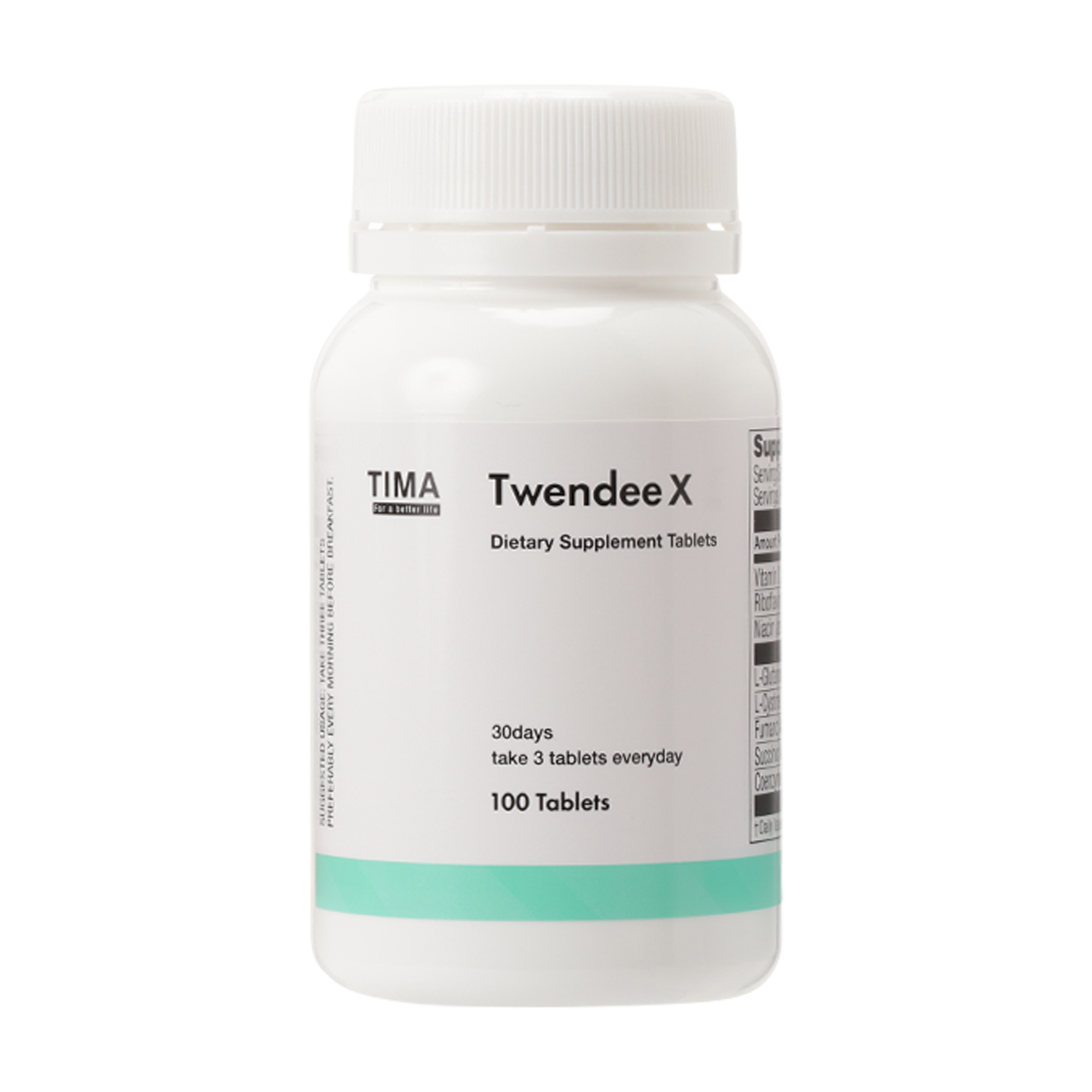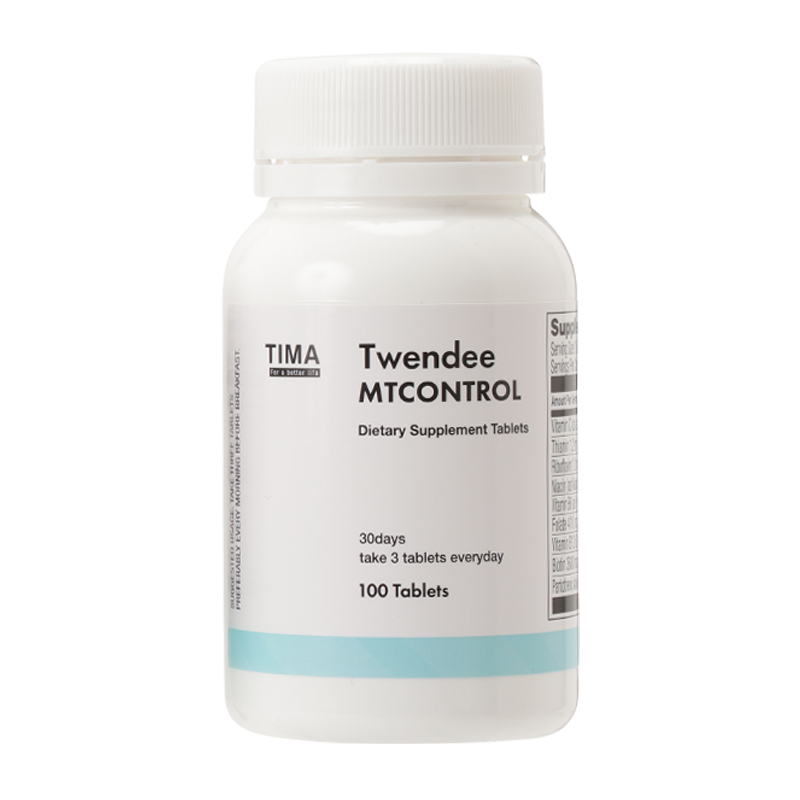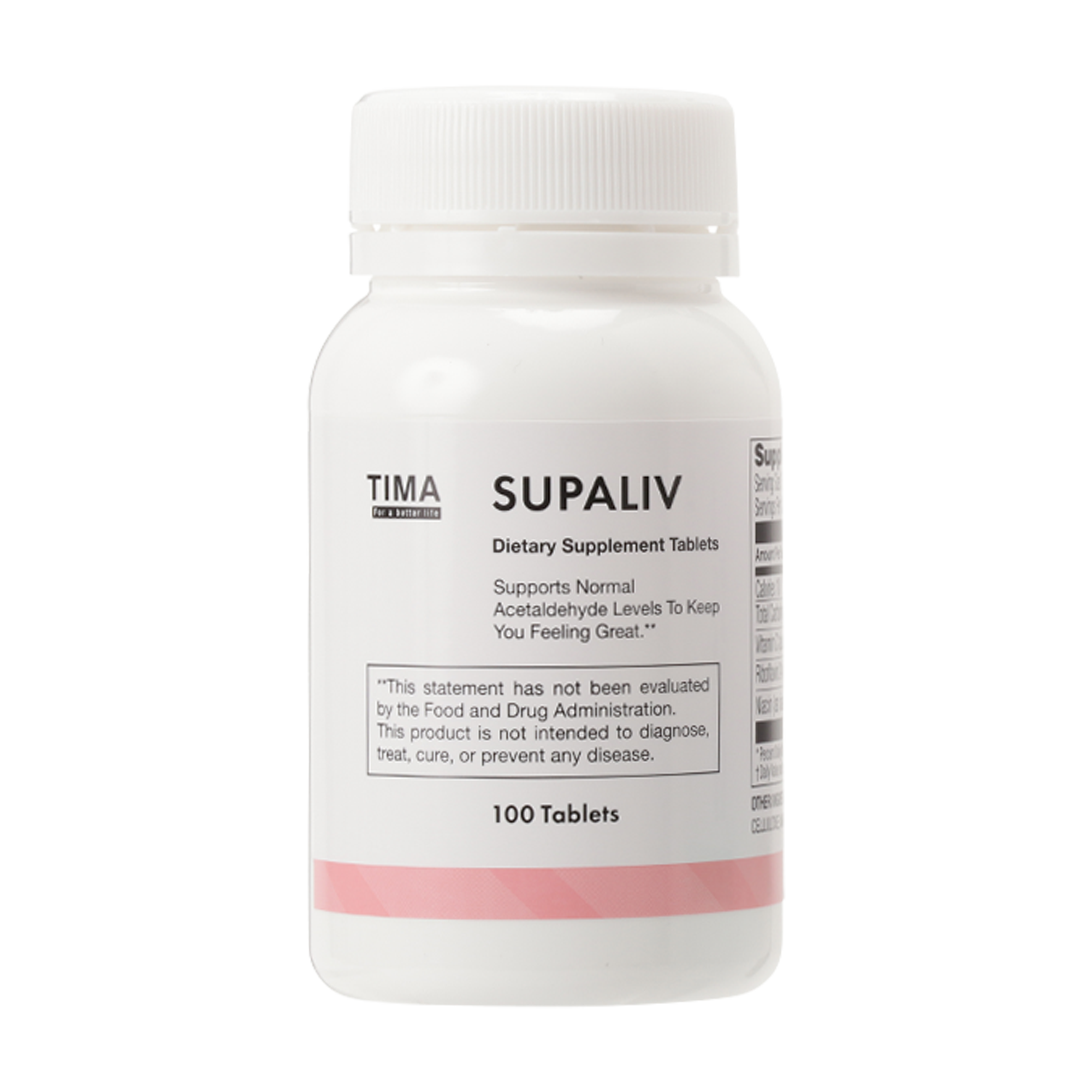Thesis on Oxidative Stress and "hypertension"
- Paper title
- Oxidative stress and human hypertension: vascular mechanisms, biomarkers, and novel therapies.
- Abstract summary
- Oxidative stress promotes endothelial dysfunction, vascular remodelling, and inflammation in hypertension.
- Authors
- Augusto C Montezano, Maria Dulak-Lis, Sofia Tsiropoulou, Adam Harvey, Ana M Briones, Rhian M Touyz
- Journal
- The Canadian journal of cardiology
- Semantic Scholar URL
- https://semanticscholar.org/paper/ab2802dd813b476228645c6bd92f240187e16830
- Abstract
-
Hypertension is a major cardiovascular risk factor. Of the many processes involved in the pathophysiology of hypertension, vascular damage due to oxidative stress (excess bioavailability of reactive oxygen species [ROS]) is particularly important. Physiologically, ROS regulate vascular function through redox-sensitive signalling pathways. In hypertension, oxidative stress promotes endothelial dysfunction, vascular remodelling, and inflammation, leading to vascular damage. Vascular ROS are derived primarily by nicotinamide adenine dinucleotide phosphate oxidases, which are prime targets for therapeutic development. Although experimental evidence indicates a causative role for oxidative stress in hypertension, human data are less convincing. This might relate, in part, to suboptimal methods to accurately assess the redox state. Herein we review current knowledge on oxidative stress in vascular pathobiology and implications in human hypertension. We also discuss biomarkers to assess the redox state in the clinic, highlight novel strategies to inhibit ROS production, and summarize how lifestyle modifications promote vascular health by reducing oxidative stress.








